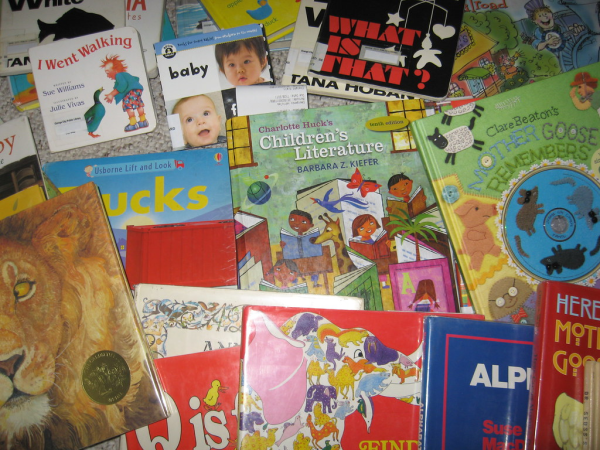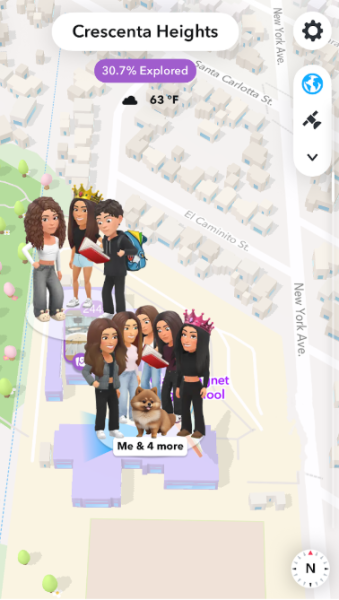Yes, it’s still an issue
America can’t erase history and racism persists, but how can we stop it?
Anti-racism protesters in Sydney, Australia demand for people to change their opinions and end their xenophobia.
Centuries of oppression continue to persist in the U.S. despite several attempts to rehabilitate how society views people of color. Society is gradually improving, but just like the issue of plastic buildup in our oceans, if change is not made in time it may eventually be too late to turn back.
The worldwide-known murder of George Floyd sparked people to protest and challenge the legitimacy of how police officers protect citizens. The former police officer was arrested for his crime in May 2020, found guilty in April 2021 and will fulfuill the charges in prison for second degree murder starting June 2021. Chauvin’s tyrannical actions were put in the spotlight for a short period of time, and it is a step in the right direction, but how come it took such a long time?
It’s no secret that systemic racism has unfortunately been a part of the United States since before the early 16th century, terrorizing the indigineous people and building a path for white people specifically to live comfortably. The transatlantic slave trade was another point in history when over 12 million Africans were kidnapped and sent to the Americas to be slaves.
As Black people in America became part of the lower end of the social hierarchy, white people took advantage of this and used Black culture to make a mockery out of it for entertainment. Jim Crow laws and caricatures became popularized; most of them are displayed at the Jim Crow Museum located at Ferris State University in Michigan [CW: this video contains disturbing images of caricatures as well as degrading words and slurs] . Blackface being popularized created an incredibly racist environment in which African Americans were mocked and seen as inferior.
What’s more is that racism in America is not limited to just African Americans. As previously mentioned indigenous people have been forced to evacuate their homes in history, but much more recently, Asian Americans have recently been facing oppression and attacks because of the pandemic. The NYPD reported an increase in Asian American hate crimes by 1,900 percent since the start of the pandemic.
So why aren’t we, as a country, past putting people of color in this position? Racism still thrives in the form of the Klan, and people even holding anti-Obama rallies back in 2017. Evidently, there’s still a hole in the system that we can only gradually patch up with education and kindness.
Xenophobia is going to exist in at least a small part of the country’s population no matter what information is being spread. Some people aren’t going to change their opinions about topics such as these. There is always going to exist a community that refuses to change its beliefs.
This is the reason why those who can help, must do anything they can to, not dismiss, but learn from history and learn what harm it brought so that those portrayals can be eradicated in the future. Even something as simple as donating to a charity or nonprofit organization such as Black Lives Matter and Stop AAPI Hate, would help raise the money needed to spread awareness and help specific people in need.
With February being Black History Month and May being Asian American and Pacific Islander Heritage Month, more opportunities are available throughout the year to show support. Something as simple as purchasing products from a Black-owned or Asian-owned business can make a difference.
Being educated about what happened in the past will only help society grow stronger. Those of us who aren’t a part of the unfortunate oppression that people of color face can put themselves in the shoes of others who weren’t born with the same privilege. We can’t pretend to relate what they’re going through, but we are more than capable of empathizing with them.

Hobbies/interests: Baking, handcrafting, reading/literature, listening to music, watching movies, collecting rocks/shells
Fav artist: Troye Sivan
Movie...











